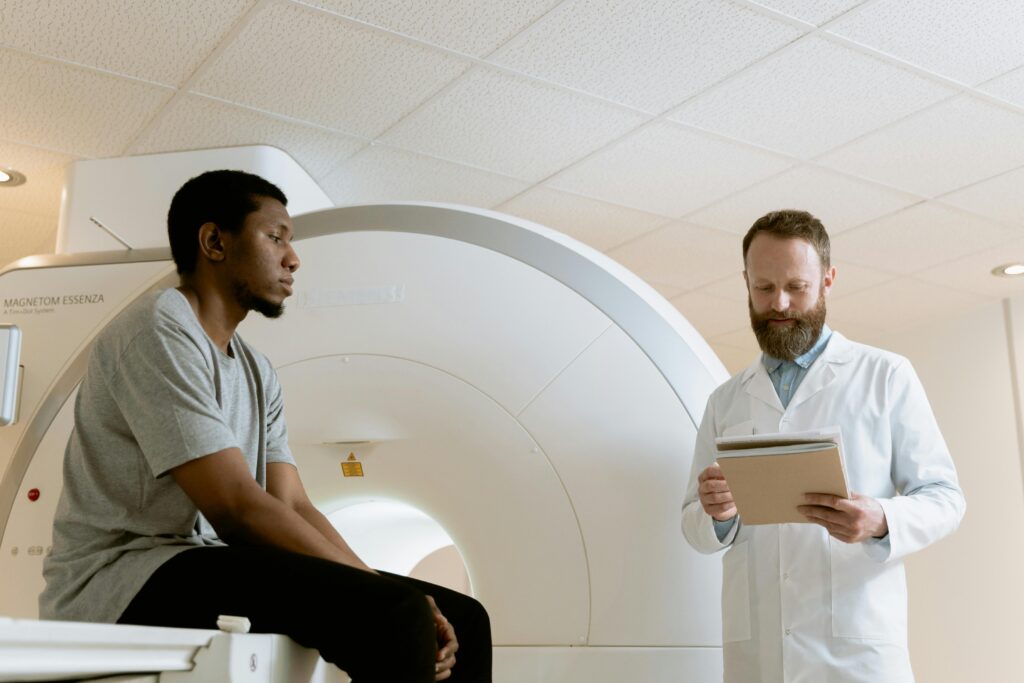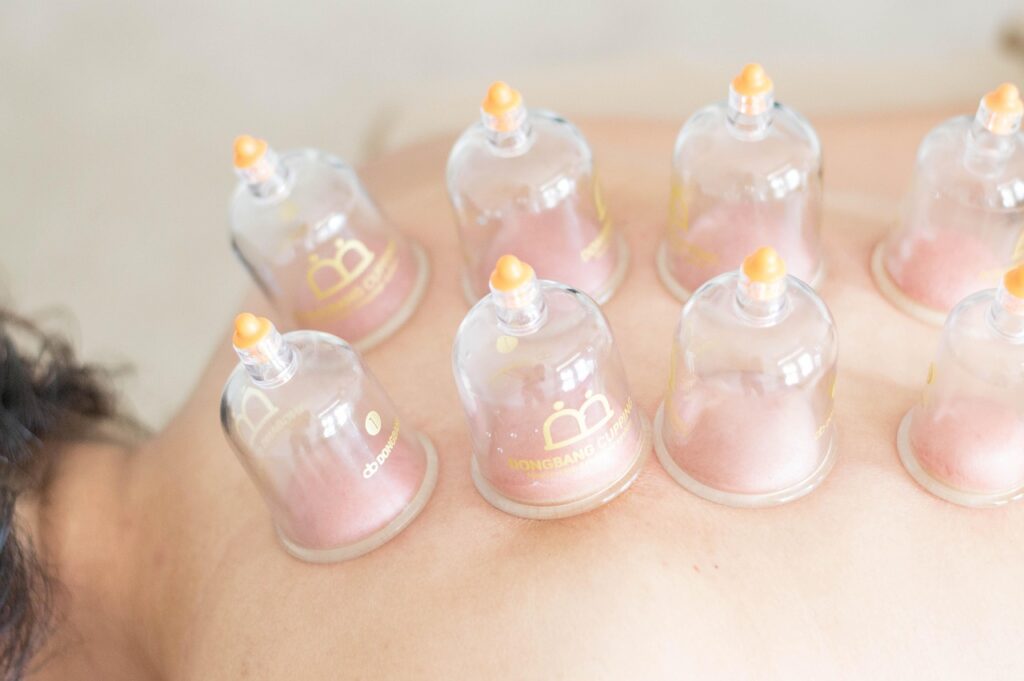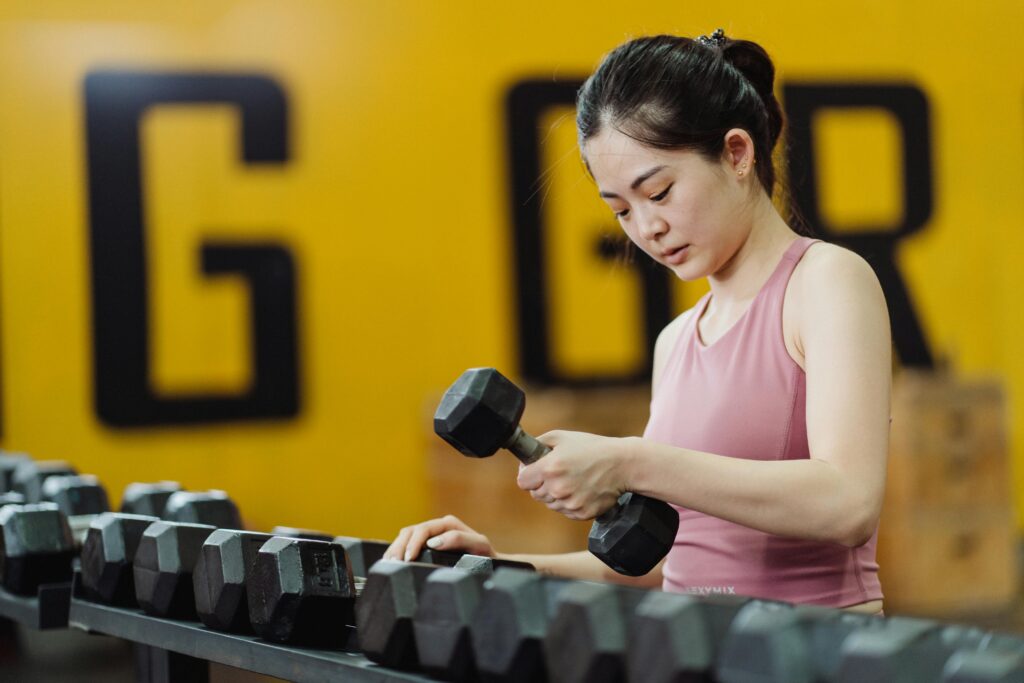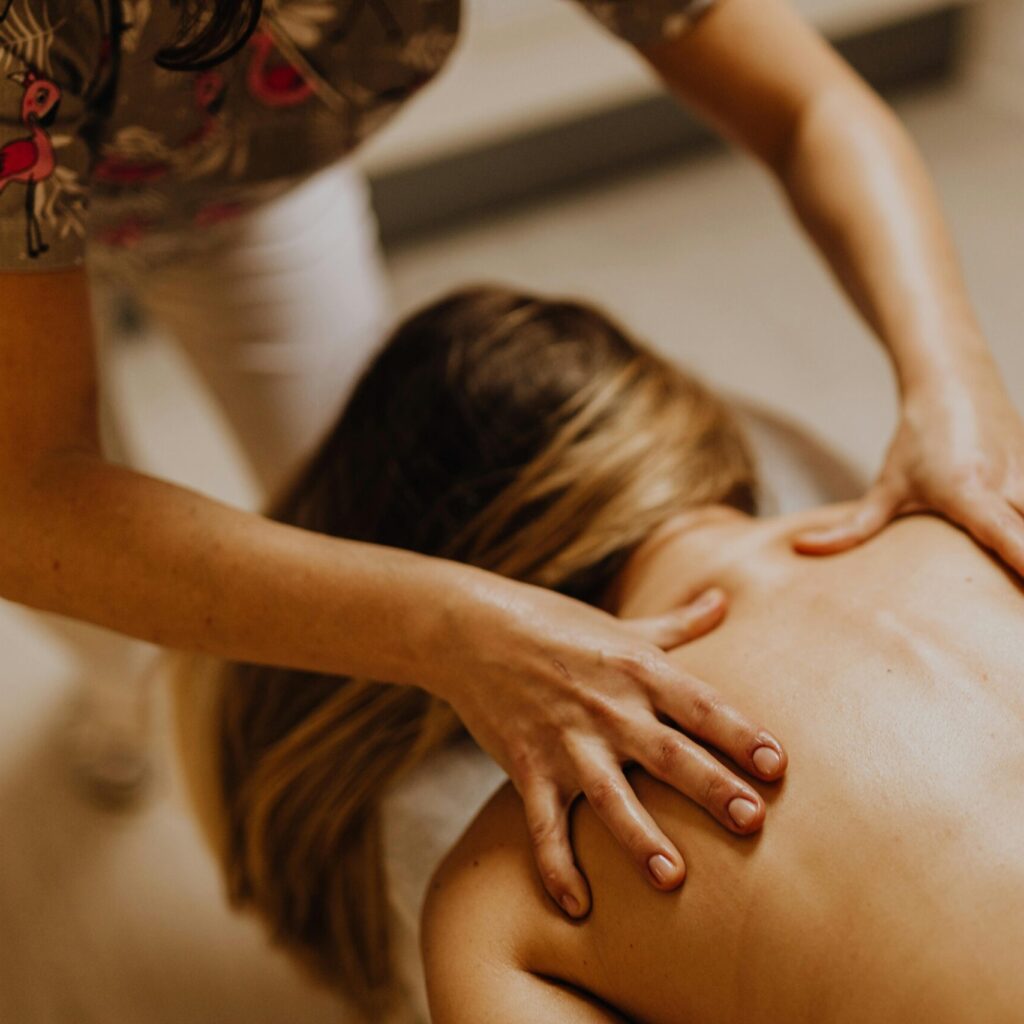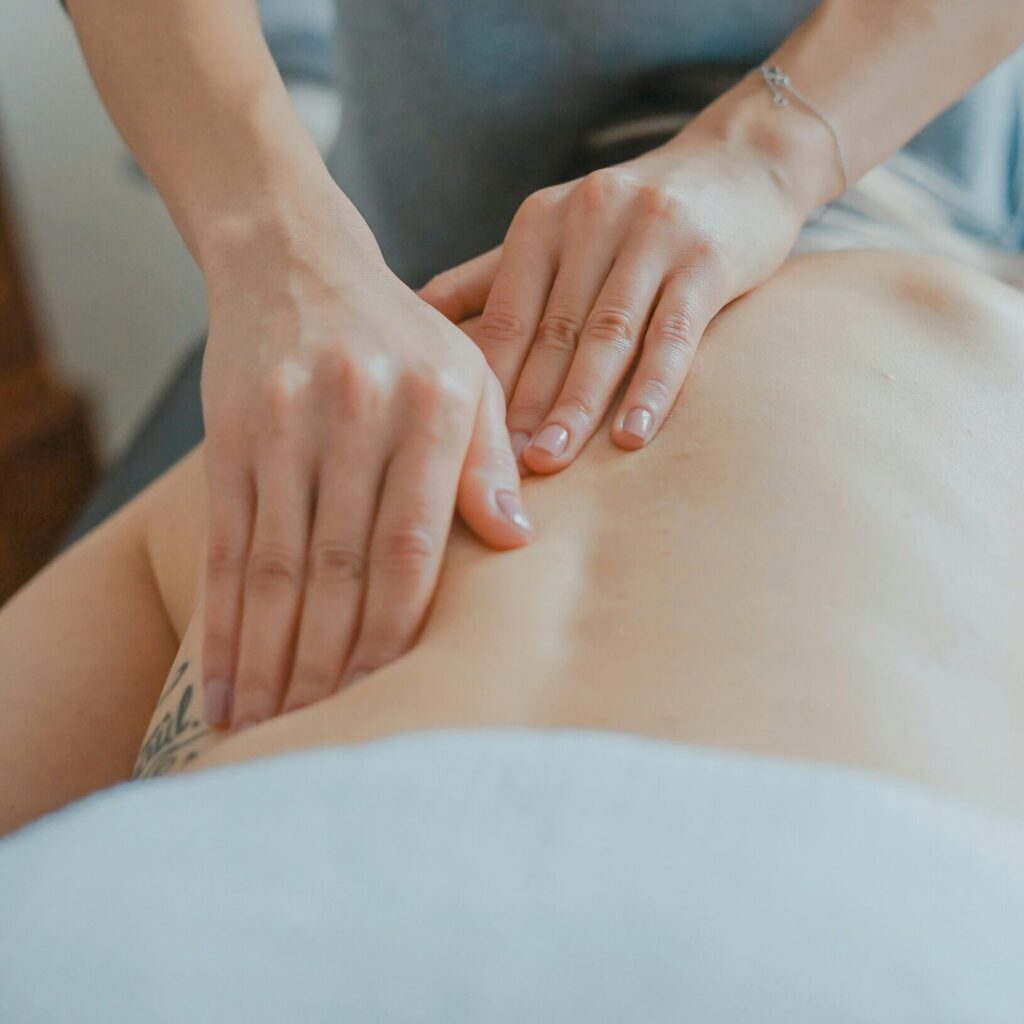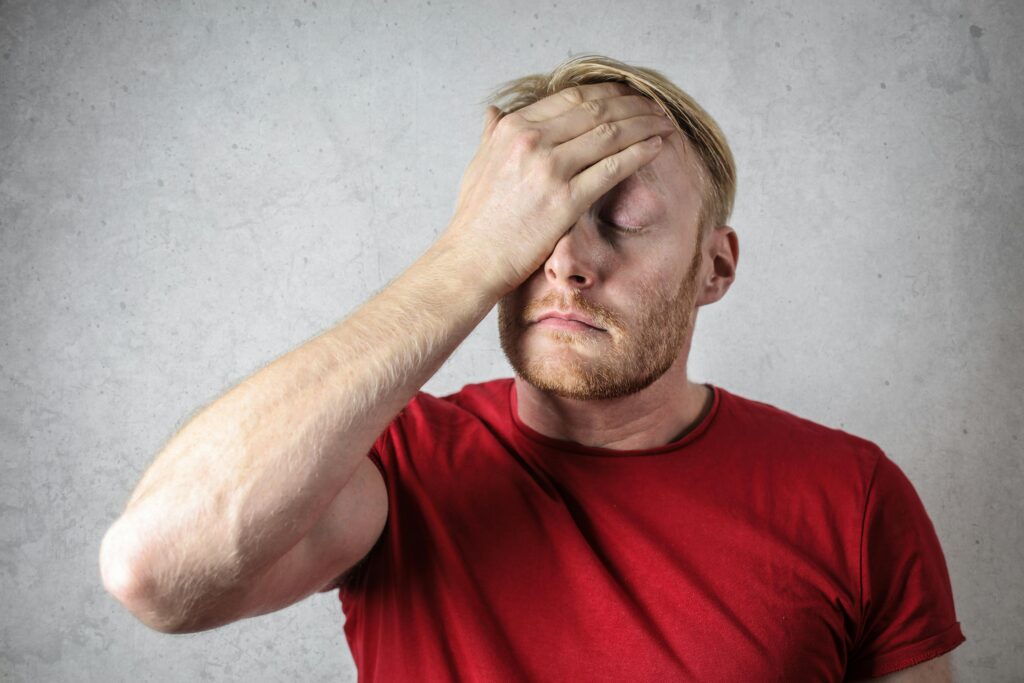The Growing Musculoskeletal Health Crisis in WA — and How We Can Reduce Its Impact
The Growing Musculoskeletal Health Crisis in WA — and How We Can Reduce Its Impact By Traci Mitchell (Physiotherapist) Recently I attended the launch of a report from Monash and Curtin Universities which forecasts the burden of musculoskeletal conditions in Western Australia over the next 20 years. The infographic below is a summary from the […]
The Growing Musculoskeletal Health Crisis in WA — and How We Can Reduce Its Impact Read More »
